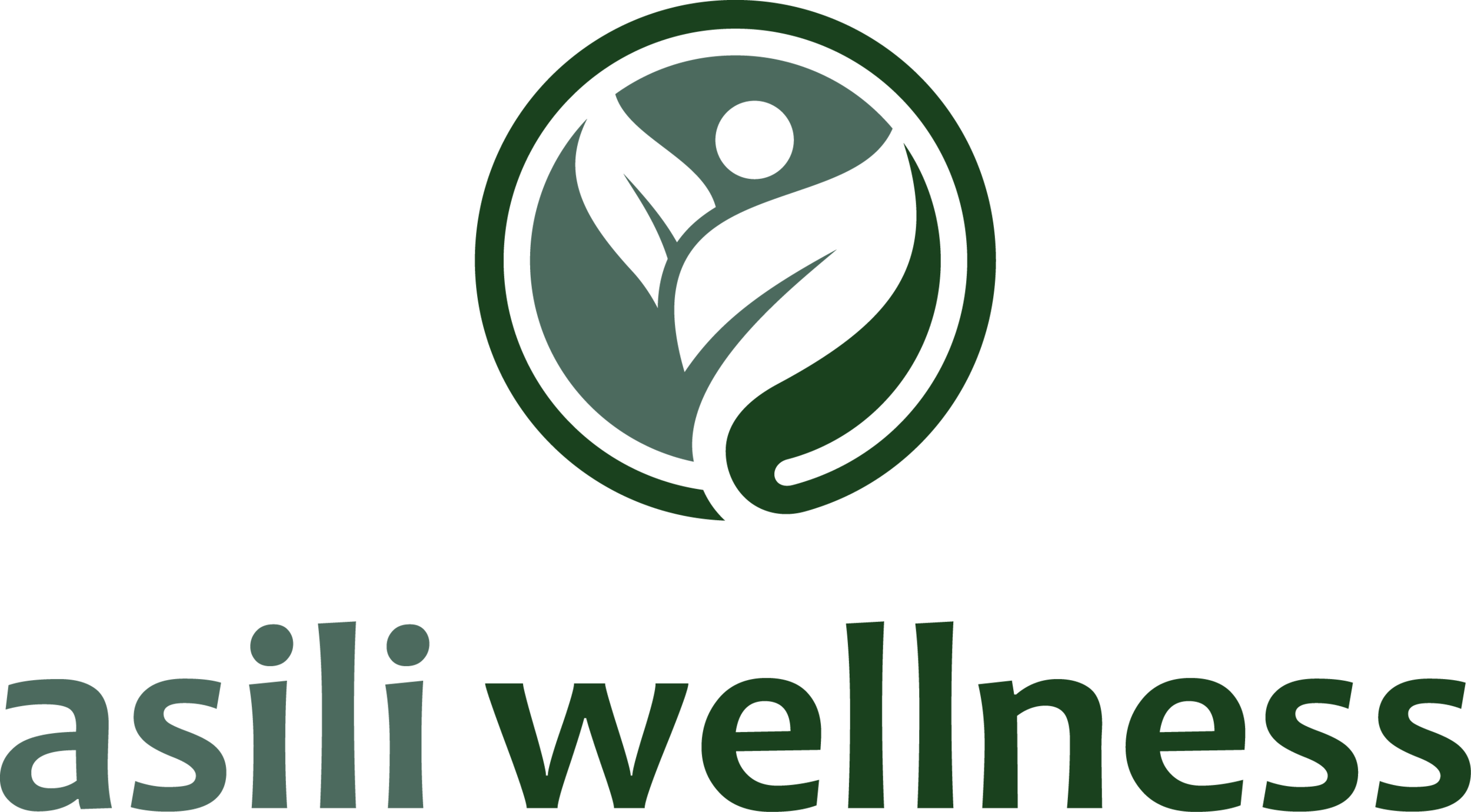Empowered Aging: Thriving Through Perimenopause and Menopause
Let’s chat about a significant chapter in a woman’s life: perimenopause and menopause. This journey usually kicks off in a woman’s late 40s and leads up to menopause around age 50, which is when menstruation officially takes a break for at least twelve months. It’s a time of change with hormonal shifts and ups and downs, but it’s also an opportunity for growth and self-discovery.
Empowered aging isn’t just about gracefully aging; it’s about embracing who you are and what you can become during this transformative time. With the correct information and support, you can navigate this journey confidently, making choices that prioritize your well-being.
In this article, we’ll explore perimenopause and menopause, how to manage any symptoms, and how to empower yourself through knowledge, lifestyle tweaks, a better understanding of your body, supportive connections, and even your career. By the end, I hope you feel encouraged to view these stages as powerful and affirming experiences!
Getting to Know Perimenopause
Perimenopause is like the warm-up before the main event of menopause. It’s a gradual journey marked by changes in hormone levels—especially estrogen—leading to irregular cycles and a mix of physical and emotional symptoms.
Perimenopause, starting in a woman’s 40s, brings a variety of experiences: some women breeze through with hardly any issues, while others face more noticeable challenges. Genetics and lifestyle play a role, so remember, everyone’s journey is unique, and your feelings are valid!
Welcoming Menopause
Menopause is an important milestone, representing the end of menstrual cycles for at least twelve consecutive months. This natural transition usually occurs around age 50 and involves hormonal changes and physical and emotional shifts.
During menopause, you might experience things like hot flashes, night sweats, mood swings, and disrupted sleep. Recognizing these changes helps you take charge of your well-being and discover strategies to manage discomfort.
Helpful Tips for Navigating Perimenopause and Menopause
These changes can sometimes feel overwhelming, but there are many ways to make the journey smoother! Here are some valuable tips to help you along the way:
(1) Learn and Share Knowledge
The more you know, the more empowered you are! Understanding perimenopause and menopause helps you recognize symptoms and make informed decisions about your health.
(2) Talk Openly About Aging
Break the ice on conversations about aging and menopause! By challenging the stereotypes and stigma, we can create a supportive environment that allows women to share their experiences without feeling alone or ashamed.
(3) Nourish Yourself
A balanced diet full of nourishing foods—like calcium, vitamin D, and phytoestrogens—can support your body during this time. These nutrients help with bone health and may ease some symptoms, enhancing overall well-being.
(4) Get Moving
Staying active is vital for physical and mental health. Regular exercise can help with weight management, boost your mood, relieve stress, and improve sleep quality while keeping you invigorated.
(5) Manage Stress and Prioritize Mental Health
Incorporating stress-reducing practices like mindfulness, meditation, or yoga can be incredibly beneficial during this time. If you need help, don’t hesitate to seek professional mental health support.
(6) Connect with Healthcare Professionals
Finding healthcare providers who understand perimenopause and menopause can offer you valuable advice and reassurance. Keep those check-ups regular and maintain open communication to manage any symptoms effectively.
(7) Build Your Circle of Support
Joining support groups or online communities filled with women experiencing the same transitions can provide a sense of camaraderie and help you navigate feelings of isolation or uncertainty.
By embracing these lifestyle changes and wellness practices, you can enhance your health and happiness during this transformative time.
Final Thoughts
Embracing perimenopause and menopause can lead to empowerment and a renewed sense of purpose. Celebrate these stages as valuable parts of your journey, and learn to navigate and thrive through them!
At Asili Wellness, we offer holistic therapeutic services to enhance, nourish, and transform well-being.
We'd love to walk alongside you in creating your happiness and enhancing your ability to promote health, prevent disease, encourage self-care, and foster healing. Let's work together to fill your cup! Reach out today and schedule a complimentary consultation.
Explore Yoga + Talk Therapy
Shop Products
Join Thrive
thrive is a complimentary resource with fresh goodies each month intended to help you create a healthier lifestyle mentally, physically, and emotionally.
Call, email, follow, or shop today to start your journey!
Peace + Wellness, Dr. Nicole










